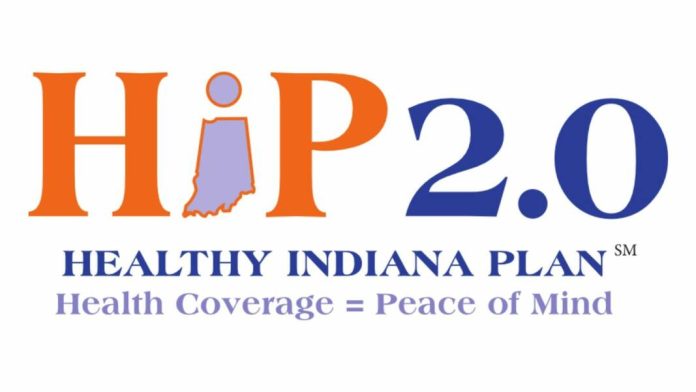Plaintiffs rejected a state motion to reinstate its authority to impose premium-like charges on Medicaid beneficiaries under the Healthy Indiana Plan (HIP) late Friday, urging the court to reject the state’s arguments.
The filing comes nearly two weeks after the state sought a stay in case and appealed, saying the federal ruling invalidated the state’s Medicaid expansion program for moderate-income adults under 65. The federal government pays for 90% of this population’s expenses and the remainder is largely covered by a hospital tax.
In late June, Chief Judge James E. Boasberg ruled that the federal government shouldn’t have approved a 10-year waiver extension of HIP that included POWER Account contributions and barred HIP enrollees from benefits like non-emergency transport and retroactive coverage — though the latter two are both part of other Medicaid programs.
Certain HIP beneficiaries previously had to pay POWER Account contributions, which operate as a sort of Health Savings Account (HSA) that they could use on copays and other health expenses. But Hoosiers repeatedly reported problems with the accounts and confusion over what qualified. Not paying could be a reason to take someone off of the program or reduce their benefits.
Boasberg noted that nearly 60,000 Hoosiers lost health coverage in some way due to not making POWER Account contributions between February 2015 and November 2016, or 29% of all beneficiaries who had to make payments. Additionally, over half of all enrollees missed at least one payment in 2015 and 2016.
Arguments from the plaintiffs
Plaintiffs said that the Family and Social Services Administration (FSSA) and Centers for Medicare and Medicaid Services (CMS) hadn’t met the bar for a stay, dismissing a state argument that striking POWER Account contributions would “force” administrators to put everyone on HIP Basic, which has fewer benefits.
“Arguing that it is likely to succeed on the merits, the State simply rehashes arguments that the Court has already resoundingly rejected…” plaintiffs said. “… Indiana alleges it will be ‘forced’ to move beneficiaries from the HIP Plus benefit package to HIP Basic … but neither federal nor state law requires that result. Any reduction in coverage in response to the Court’s decision would be self-imposed, and a self-imposed consequence cannot justify a stay.”
One of the biggest differences between HIP Basic and HIP Plus is dental and vision coverage.
FSSA previously announced it wouldn’t restart POWER Account collections, which were due to start on July 1. Contributions have been paused since the COVID-19 pandemic started in 2020 and every beneficiary has been enrolled in HIP Plus.
The filing notes that state officials can resume the premium-like payments after giving plaintiffs and courts a six-weeks notice.
Additionally, plaintiffs argue that a better interpretation of Indiana’s amended plan filed with CMS would be that everyone now qualifies for HIP Plus, rather than HIP Basic like state officials argue, without mandated contributions.
“Indiana seeks to paint a picture of massive disruption in the absence of a stay. But much of that imagined disruption would be of the State’s own doing. For more than four years, expansion group beneficiaries have retained HIP Plus coverage and paid no premiums — that is the status quo,” plaintiffs argued.
However, plaintiffs noted that the pandemic pause on contributions didn’t extend to retroactive coverage or non-emergency medical transport. Because of that, “Plaintiffs believe that the Court could consider a limited stay that preserves this status quo.”
In other words, plaintiffs signaled that a stay could apply to those two restrictions for HIP enrollees, but not to POWER Account contributions.
Imposing POWER Accounts stems from Senate Enrolled Act 165 passed in 2016. The wide-ranging bill addresses an assortment of directives for FSSA, including POWER Accounts, and strips authority from FSSA’s secretary to make changes to the program, unless it is “required by federal law or regulation.”
By Whitney Downard — The Indiana Capital Chronicle is an independent, not-for-profit news organization that covers state government, policy and elections.





